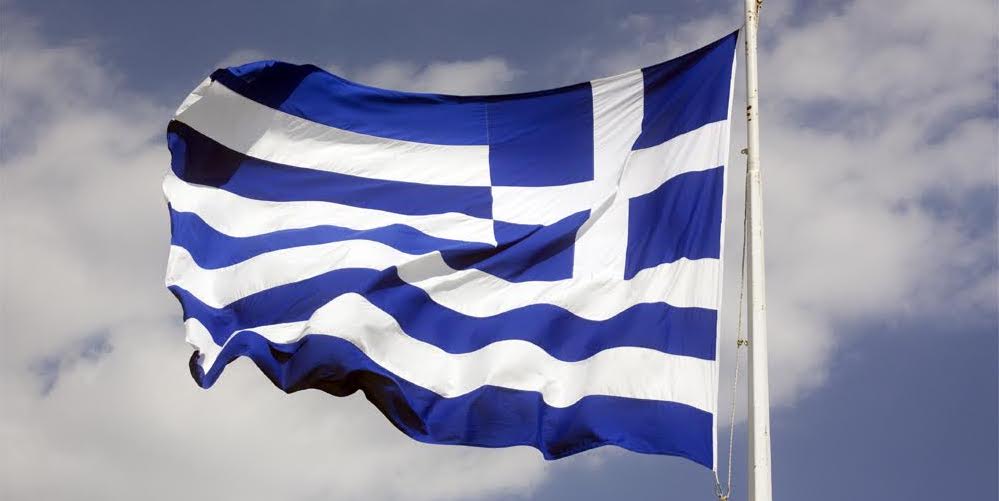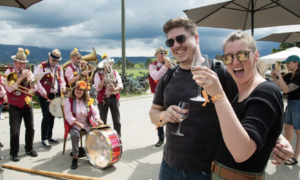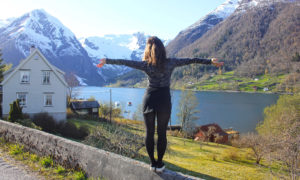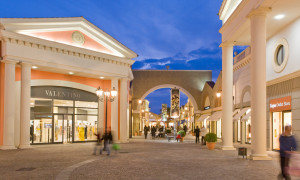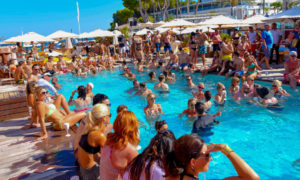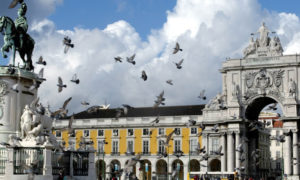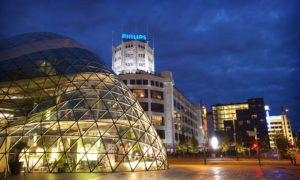Home to the Olympian gods, this Mediterranean Mecca has more than two thousand islands and a mountainous mainland, yet is only about the size of Alabama. Greece has about 10 million inhabitants, most of whom reside in urban areas. Urbanization has greatly reduced the village populations but there are many incredibly picturesque villages, both on the islands and on the mainland, which are well worth a visit.
Then there are the beaches, and of course you already know about those! But are you aware of our magical mountains? Greece is of course home to Mount Olympus, the legendary mountain of the 12 Olympian Gods which is also home to the nation’s richest variety of flora. Greece has a plethora of mountains worth exploring including Mount Taygetus, Pindos Mountain, Mount Chelmos, Mount Dirphys and one of my personal favorites, Mount Pelion.
Do note that there are many parts of Greece where you can enjoy a wondrous combination of mountain and seashore in close proximity, and that may be one of my favorite things about the country, geographically speaking.

Climate and cuisine
In addition to its stunning landscapes, most people are attracted to the mild Mediterranean winters and classic sunny summers. The truth is that climate change in the region unfortunately has altered the region’s weather significantly. Winters are wetter and summers are much hotter than in the past, with longer and more frequent heat waves, some of which have resulted in horrific wildfires.
We have also experienced some shockingly severe flooding in recent years. The worst part is that little to nothing is being done to prepare for these scary phenomena.
However, we still get lots of sun and winters are generally mild. Those of us who live here though, in recent years, have started to more carefully plan travel in times of wildfire risk, avoiding certain areas during certain months but sadly this is the case in other places too.
As for cuisine, people generally adore the variety of delicious fruits and vegetables available here and traditional Greek cuisine is of course very popular among visitors and residents alike. Weekly farmers’ markets (offering farm-fresh produce) can be found in most towns and also in most city suburbs around the country and some of them are “organic-only.”
If you are in the downtown area of the capital, the Athens Central Market (Varvakios) is the place to go for fresh fish, meat, produce, spices, olives, incredible cheeses and much more. (This market is located near Monastiraki station on the blue and green metro lines and it’s open daily and Saturdays from 7 a.m. until 3 p.m.)
Those of us who reside here long term (Greeks as well as non-Greeks) certainly still enjoy lots of classic local dishes but have also been elated to see restaurants serving fare from other lands opening in large numbers. Supermarkets are also stocking more and more ingredients from afar so you can really get most of what you need no matter how exotic your cooking style.
We also have a good number of ethnic grocery stores specializing in foodstuffs from China, the Balkans, India, South America and so on.
Same old, same old
In terms of the trifecta of race, ethnicity and culture, Greece is one of the most homogenous countries in the world. If diversity is your thing, Athens is your best bet – but even it does not have a significantly large or well integrated non-Greek population.
Greece also has one of the oldest populations in the world and that is reflected in the more conventional and tradition-heavy lifestyles of many of the residents, especially in rural areas. This might be appealing for some, but, for others, it can be a real downer. Outsiders are not always welcome and anyone who veers off the conventional path might be vulnerable to criticism and even ostracism.
Even Greeks who are considered to be ‘alternative’ in any way (anyone from neo-hippies and atheists to political progressives and members of the LGBTQ community) sometimes have problems with neighbors, employers and so on. Athens is a large metropolis, but it is still provincial in some ways, largely due to the fact that the majority of its population moved to the city from the countryside as late as the 1960s.
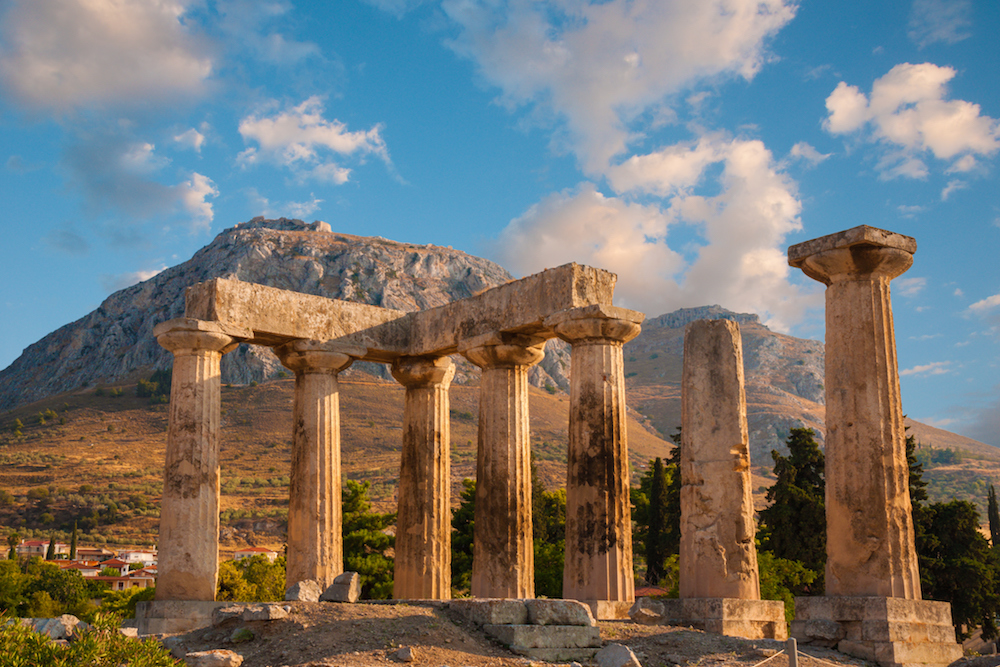
History and culture
Greece has a long and unique cultural heritage and is of course a dream for history and archaeology buffs. Nineteen spots in Greece are listed as UNESCO World Heritage Sites, with over a dozen more on the tentative list.
That’s not bad for a relatively teeny country!
Beyond the expected ancient temples on the list, there are also myriad monasteries, an atmospheric medieval city, a super-impressive ancient theatre and some incredible cultural landscapes.
And what about modern culture?
While the situation is improving in this arena, we still have a long way to go. Funding for the arts in Greece is notoriously limited and are said to most often go to those who have connections in the field. So, while you can certainly find some excellent DIY artistic endeavors if you hunt for them, imagine that it is only recent years that we have gained proper modern and contemporary art museums, for instance.
Greece does however have a thriving theater scene for all ages and tastes. Most of it is in Greek, which is logical, of course, but makes it tough for newcomers and expats to enjoy performances. For this and many other (more practical) reasons, do get on with learning modern Greek if you decide to reside in Elláda (which is what we call our country)!
For a truly progressive artistic endeavor taking place outside of Athens (the art scene is quite capital-leaning overall), look no further than the Thessaloniki Film Festival. This annual celebration of cinema takes place in the main metropolis of Greece and is a well attended and well-respected international event.
Not only is the film festival worth attending but I strongly encourage you to travel to and around the historic city of Thessaloniki. This part of Greece borders Albania to the north and Kastoria, Florina, Ioannina and Prespa National Park are just a few of the gems worth visiting in the region. Most people who come to visit or work stick to Athens, the Peloponnese and the islands but northern Greece is a whole different world that is worth your time.
Work and money
For the sharp-eyed entrepreneur, there are definitely opportunities to be had here though red tape and high taxes discourage many. There are, however sadly, lots of loopholes for taxes of which both local and foreign business owners sometimes take advantage. Tax evasion and corruption, generally, is something we need to contend with and hopefully eliminate as much as possible. It’s hard for honest folks to pay the sometimes eye-wateringly high taxes and make a good living on their own initiatives so they often end up having to “work for the man” even if they are creative and ambitious.
It should also be noted that Greeks work longer hours than other Europeans for much less pay than in other EU countries.
Honestly, the statistics do not even provide a full picture. In addition to official working hours, there are the unofficial working hours that most Greeks work which are unpaid overtime, This has only been worsened by pandemic and post-pandemic remote and hybrid working structures.
Unpaid (and usually involuntary) overtime is especially common in smaller and mid-sized local businesses, less so for those working in multinationals but it still happens in big companies sometimes.
People put up with it because unemployment levels are so high, plain and simple.
Those interested in working and living in Greece should either have a reasonable income coming from outside the country or a good job secured here, prior to arrival. If you are from a non-European Union country, be sure to check and double-check with your nearest Greek embassy or consulate about work and residence visa stipulations.
There’s a lot to love about Greece and a lot which is less lovable but it might just float your boat. I have met many who are strongly drawn to the country, its landscape and its people for reasons they can’t even really explain and I have met others who are completely repelled by it all!
It is definitely a place which provokes strong reactions, one way or another. Let’s see where you stand, shall we?
–––––––––
Read more about Greece here in Dispatches’ archives.
A Pittsburgher by birth, Christina T. Hudson is also half Greek and has – so far – spent most of her life in Athens, the chaotic but captivating capital city of Greece.


